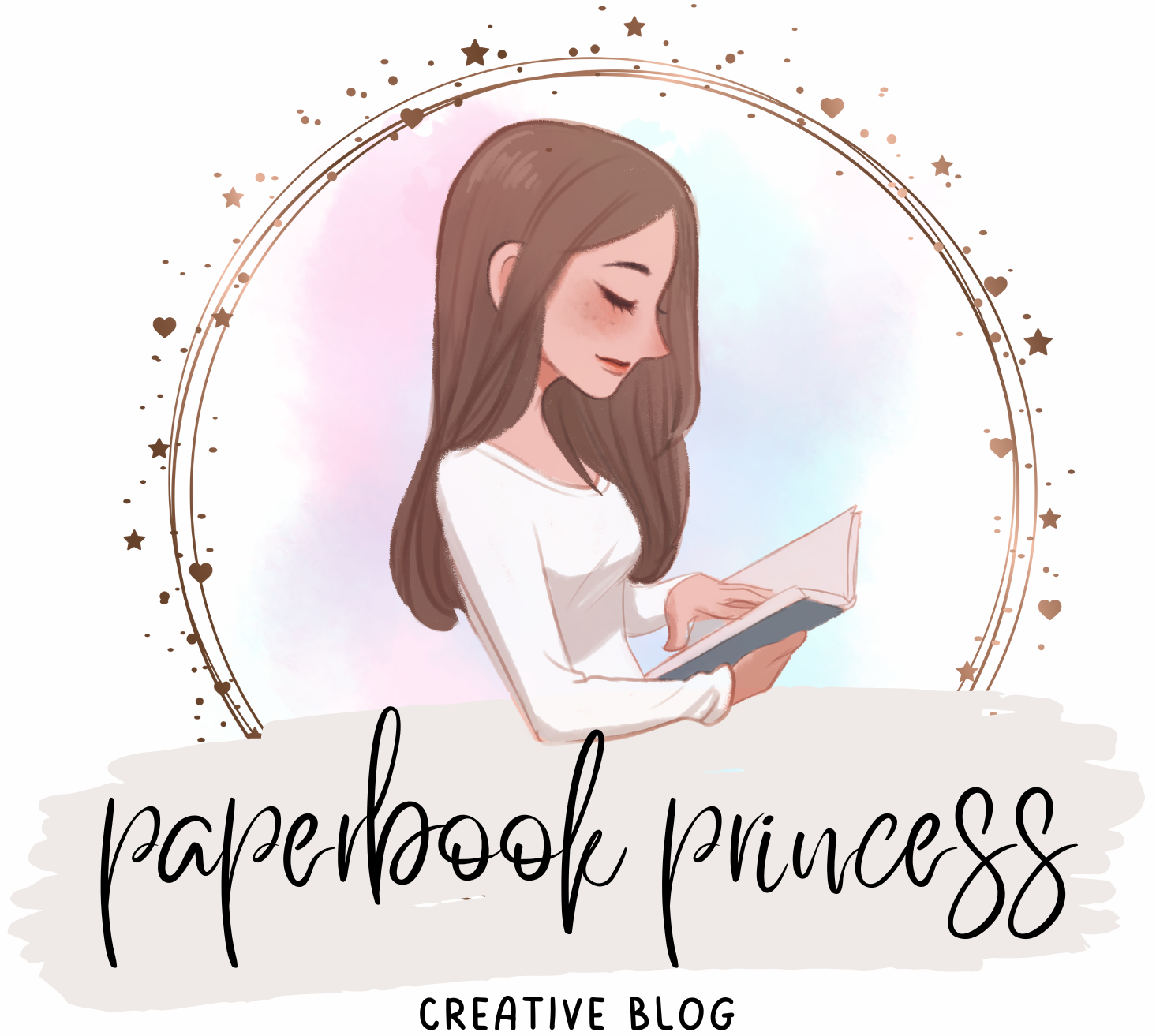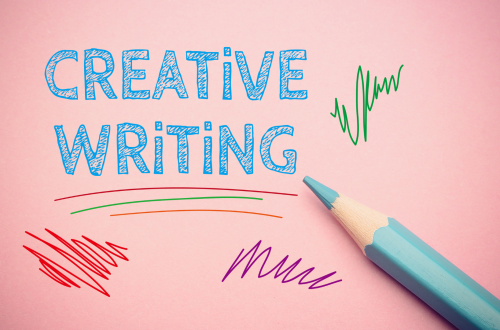
Creative Writing Mistakes When Beginners Get Lucky
If you’re a beginner writer, you likely have high hopes for your work and feel like you can do no wrong. But don’t let your enthusiasm get the better of you – there are several common writing mistakes that beginners make, and surprisingly enough, they’re often easy to fix. In this article, we’ll discuss some of the most common mistakes beginning writers make and offer tips on how to avoid them. So start thinking creatively today – and stay lucky!
Beginner Mistakes
When starting out in creative writing, it can be easy to make rookie mistakes. These are the types of errors that new writers make time and time again, no matter how experienced they become. Here are four beginner writing mistakes to avoid:
- Skipping over important details: When you first start writing, it’s easy to get lost in the excitement of your project. However, if you don’t pay attention to the small details, your readers will be left confused and frustrated. Make sure to include all the necessary information in your story so that readers know what’s going on.
- Failing to develop characters: Characters are one of the most important parts of any story. Without them, a story will feel empty and lifeless. Start by developing each character’s personality and motivations before moving on to their backgrounds and plotlines.
- Making assumptions about your reader: As a beginner writer, it can be tempting to assume that your audience is familiar with all the terminology and plot points you use in your work. However, this assumption can lead to confusion and frustration for your readers. Always be sure to explain everything related to your story in detail before letting loose with the words on paper.
- Choosing an unappealing font: When starting out, it can be tempting to go with a flashy or dramatic font choice instead of something more subtle or traditional. However, this decision may not resonate well with your story.
How To Avoid Creative Writing Mistakes
When starting out in creative writing, there are a few things you can do to avoid common mistakes. First, be sure to set your goals and targets carefully. Don’t just start writing because you feel like it; make sure your work is serving a specific purpose. Second, be prepared to revise and edit your work often. Constant editing will help you ensure that your work is effective and error-free. Finally, don’t be afraid to ask for help from others – whether that means querying an editor or beta reader or finding other writers who can give you feedback on your work. By following these tips, you’ll be on the road to writing successful creative stories!
Common Creative Writing Mistakes
When you’re a beginner, it’s easy to make mistakes in your writing. Here are a few of the most common creative writing mistakes beginners make.
- Focusing on the wrong thing: When you’re starting out, it’s tempting to focus on the mechanics of your writing-how well you can word things and how effectively you can structure a story. But what’s more important is what your story is about-whether it’s exploring a character’s motivations or depicting a vivid setting.
- Skipping steps: When you’re starting out, it can be hard to resist taking shortcuts. But that’ll only lead to sloppy writing and errors in your grammar and syntax. take your time and follow the proper steps for crafting a good story – it’ll pay off in the long run.
- Not being specific enough: You need to give readers clear instructions on what they should expect from your narrative without overwhelming them with too much information at once. If you don’t provide enough details, readers might become lost or confused; Worse yet, they might not even bother finishing your story at all!
When you are just starting out in the creative writing world, it is easy to get lucky and get carried away with your ideas and write without taking the time to edit. You may write a story that is well-received by your readers, or you might be struck by an idea that leads you down a new path. However, as your skills develop and your stories become more polished, it is important to remember the basics of good writing. These include taking care of grammar and spelling, building strong characters and plotlines, and ensuring that all information flows smoothly from one paragraph to the next. By following these guidelines, you will help ensure that your readers continue reading your work with pleasure – even when things go a bit off track!





